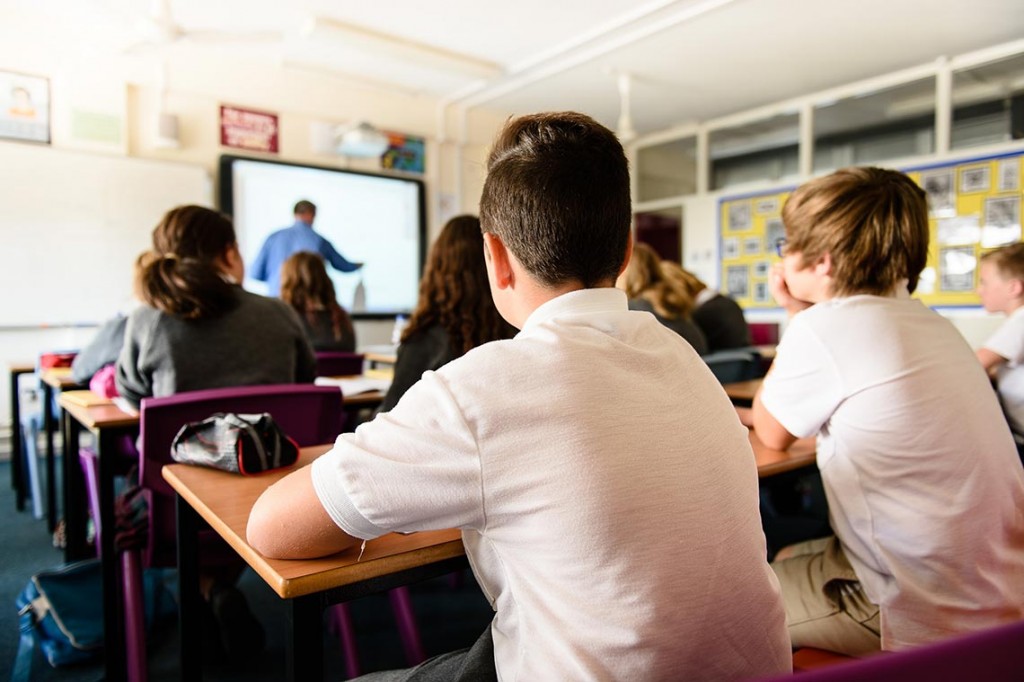
Year 7-11 Curriculum rationale
Curriculum Intent: With Languages you will go F.A.R (Fluent, Aware, Ready).
In Languages there is a constant focus on literacy, grammar and written skills; speaking and listening; reading and translation; phonics and vocabulary.